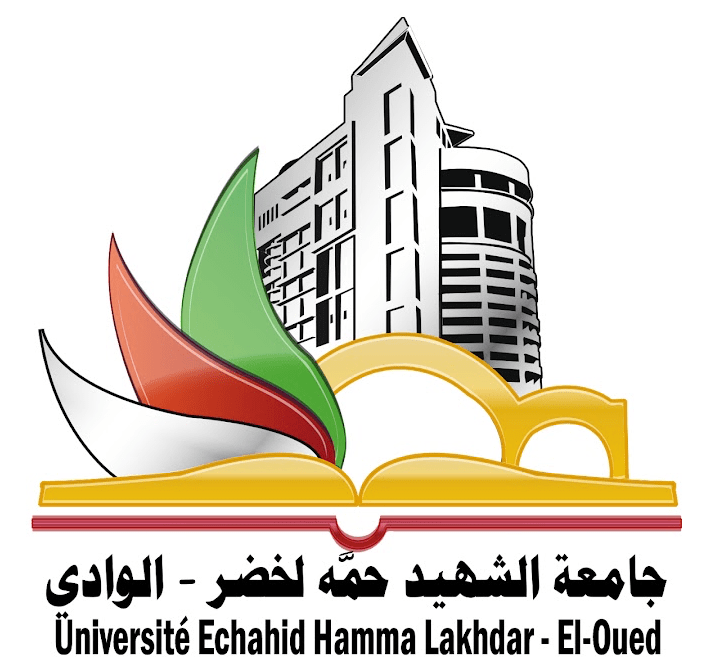وقف الحقوق المعنوية ودوره في التنمية المستدامة
Résumé: هذه الرسالة، المعنونة "وقف الحقوق المعنوية ودوره في التنمية المستدامة"، تتناول شرعية استخدام الحقوق المعنوية من جميع الأنواع من مناظير الفقه الإسلامي والاقتصاد في مجال الوقف (الواجب) بهدف تحقيق التنمية المستدامة. ينقسم البحث إلى أربعة فصول. يركز الفصل الأول على تعريف الحقوق المعنوية، وتحديد أنواعها، ومناقشة أحكامها القانونية، وتحليل تصنيفها الفقهي. في الفصل الثاني، يستكشف البحث شرعية وقف الحقوق المعنوية من خلال تحديد القضايا الفقهية التي يستند إليها هذا الموضوع. ويعرض آراء الفقهاء الإسلاميين ويختار الرأي الأقوى بناءً على الأدلة المقدمة. كما يستكشف نماذج محتملة لوقف هذه الحقوق. في الفصل الثالث، يسعى البحث إلى تعريف التنمية المستدامة، موضحًا أبعادها وأهدافها. كماexamines الأساس الإسلامي للتنمية المستدامة من خلال ربط أهدافها وأبعادها بالقيم الإسلامية وأدوات التنمية للاقتصاد الإسلامي، ولا سيما نظام الوقف. الفصل الأخير هو دراسة تطبيقية، مقسمة إلى قسمين رئيسيين. في القسم الأول، يبحث البحث في أمثلة تاريخية من الأوقاف المتعلقة بالحقوق المعنوية خلال الحضارة الإسلامية المبكرة. بناءً على دراسات نظرية، يقدم نماذج محتملة لوقف حقوق التأليف والاختراع، مع تحديد آثارها التنموية خلال تلك الفترة. وفي القسم الثاني، يتناول البحث الأنواع الحديثة من وقف الحقوق المعنوية، التي تختلف بشكل كبير عن النماذج التقليدية في الماضي. ويختتم بتسليط الضوء على مساهماتها الفعلية في تحقيق الأهداف والأبعاد للتنمية المستدامة. تشمل النتائج الرئيسية للبحث الاستنتاج بأن جميع أنواع الحقوق المعنوية تعتبر حقوقًا مالية بناءً على الاعتراف المعاصر بقيمتها النقدية. يمتلك حامل هذه الحقوق السلطة على امتلاكها والتحكم فيها وإدارتها، بما في ذلك إمكانية وقفها. يساهم هذا في توسيع نطاق الوقف ويؤدي إلى نتائج إيجابية، حيث يلعب دورًا كبيرًا في تحقيق التنمية المستدامة في أبعادها الاجتماعية والاقتصادية والبيئية. This thesis, titled "The Endowment (waqf) of Moral Rights and Its Role in Sustainable Development," examines the legitimacy of utilizing moral rights of all types from both Islamic jurisprudence and economic perspectives in the realm of endowment (waqf) to achieve sustainable development. The research is divided into four chapters. The first chapter focuses on defining moral rights, identifying their types, discussing their legal rulings, and analyzing their juristic characterization. In the second chapter, the study explores the legitimacy of endowing moral rights by identifying the juristic issues upon which this topic is based. It presents the opinions of Islamic jurists and selects the strongest view based on the provided evidence. It also explores potential models for the endowment of these rights. In the third chapter, the study seeks to define sustainable development, outlining its dimensions and objectives. It also examines the Islamic foundation of sustainable development by linking its goals and dimensions to Islamic values and the developmental tools of the Islamic economy, particularly the waqf system. The final chapter is an applied study, divided into two main sections. In the first section, the study investigates historical examples of endowments related to moral rights during the early Islamic civilization. Based on theoretical studies, it presents possible models for the endowment of authorship and invention rights, identifying their developmental impacts during that period. In the second section, the study discusses the modern types of endowment of moral rights, which differ significantly from the traditional models of the past. It concludes by highlighting their actual contributions to achieving the goals and dimensions of sustainable development. Key findings of the research include the conclusion that all types of moral rights are considered financial rights based on the contemporary recognition of their monetary value. The holder of these rights has the authority to own, control, and manage them, including the possibility of endowing them. This contributes to expanding the scope of waqf and leads to positive outcomes, playing a significant role in achieving sustainable development in its social, economic, and environmental dimensions.
Mots-clès:
Nos services universitaires et académiques
Thèses-Algérie vous propose ses divers services d’édition: mise en page, révision, correction, traduction, analyse du plagiat, ainsi que la réalisation des supports graphiques et de présentation (Slideshows).
Obtenez dès à présent et en toute facilité votre devis gratuit et une estimation de la durée de réalisation et bénéficiez d'une qualité de travail irréprochable et d'un temps de livraison imbattable!


